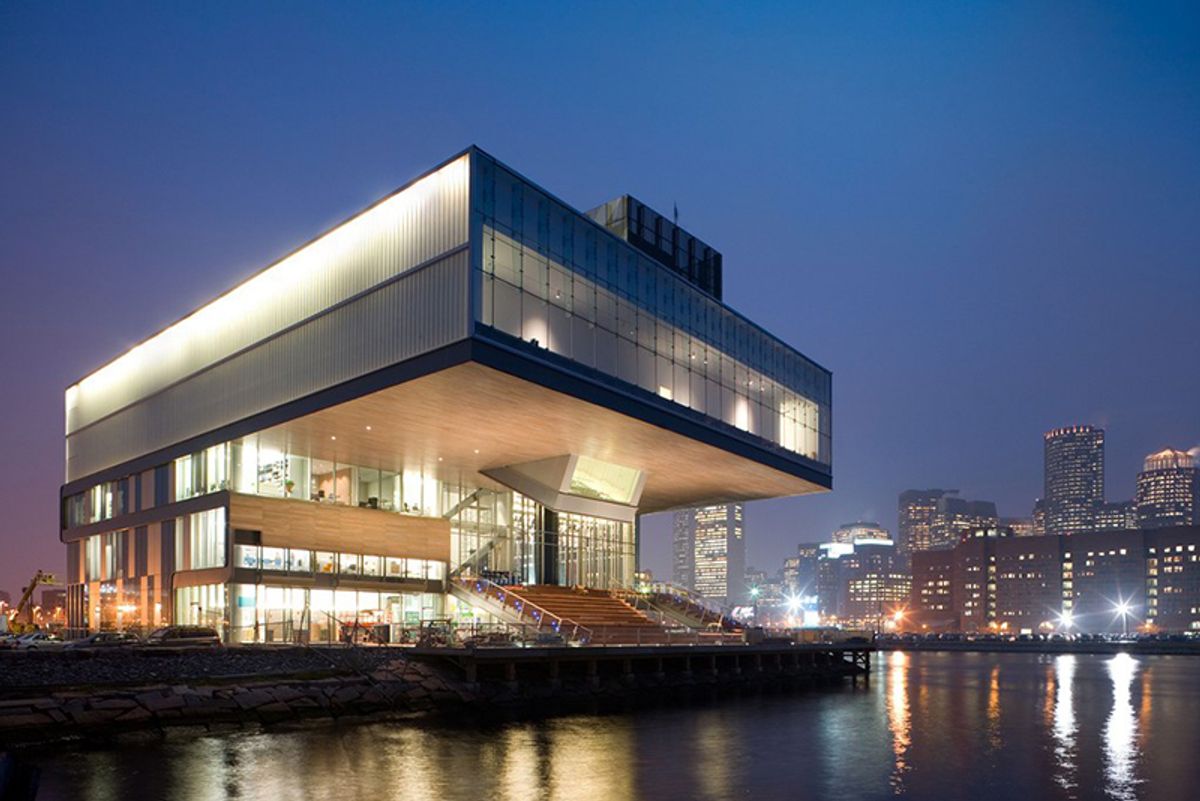Yesterday (12 April), the Institute of Contemporary Art Boston (ICA Boston) prematurely closed a solo exhibition of works by Nicholas Nixon, who has been accused of sexual harassment by former students at the Massachusetts College of Art and Design (MassArt), at the artist’s own request, as first reported by Wonderland. A Boston Globe report dated 4 April, in which dozens of former students detailed alleged harassment, sparked a heated public discussion over whether the show should be taken down. The ICA initially said it would keep the exhibition on view through its planned end date, 22 April.
Nixon—best known for The Brown Sisters, a series of annual portraits he has taken of his wife, Bebe, and her three sisters since 1975—sent the ICA a letter asking the museum to close the show because of the debate. “I believe it is impossible for these photographs to be viewed on their own merits any longer,” Nixon wrote in the letter, which the ICA posted on the exhibition page on 11 April, along with the museum’s eventual decision to close the show. “In response, with deep regret, and only after careful thought, I believe it is more respectful to all concerned—to your mission, and to the work itself—to remove the exhibit as soon as possible.”
Nixon retired abruptly from MassArt on 2 March, after allegations of sexual harassment prompted the school to launch a Title IX investigation, which the school’s president David Nelson addressed in a letter to the MassArt community on 22 March. Following the subsequent Boston Globe report, the ICA added signage in the gallery space of Nixon’s show stating that the institution was “dismayed and disturbed” by the allegations, and discussing questions raised by the situation such as “Can we separate creative output from personal conduct?”
The ICA also launched an open online forum on 6 April where members of the community could share their thoughts on the situation. The museum’s director Jill Medvedow led the discussion with a post explaining the ICA’s decision to “keep the exhibition—and the dialogue—open”. Both Medvedow and the ICA’s chief curator, Eva Respini, discussed the difficulty of knowing the correct course of action to take.
“I love these pictures because they are about how these women live their lives,” Respini wrote. “There is immense power in their sisterhood and unflinching gazes. And now it seems the maker of these pictures is a yet another man who has abused his position of power. I condemn this kind of behavior and am angered by it. Can I still love the pictures?”
The majority of the posts that followed were written by anonymous ICA staff members and heavily criticised what they perceived as an inadequate response. “As a woman who works at the ICA, I am sickened by this… Dialogue is not substantial enough of an action,” one staff member wrote. Another staff member wrote that “when presented with an opportunity to make a controversial but morally guided decision, the ICA chose to protect the problematic artist and its own pockets. By keeping this exhibition on view and by twisting this decision to be about public discourse, the ICA as an institution is silencing the voices of those who have come forward to name Nicholas Nixon as an abuser.”
As of yesterday, the online forum had been taken down, and a web cache of the page that was available yesterday is no longer accessible. When asked for comment on the removal, the museum responded: “The intent of the online forum was to add multiple perspectives to the art on view. With the close of the exhibition, we will continue to explore the critical and ongoing issues of power and privilege through our programs, exhibitions, collection and performance.”


